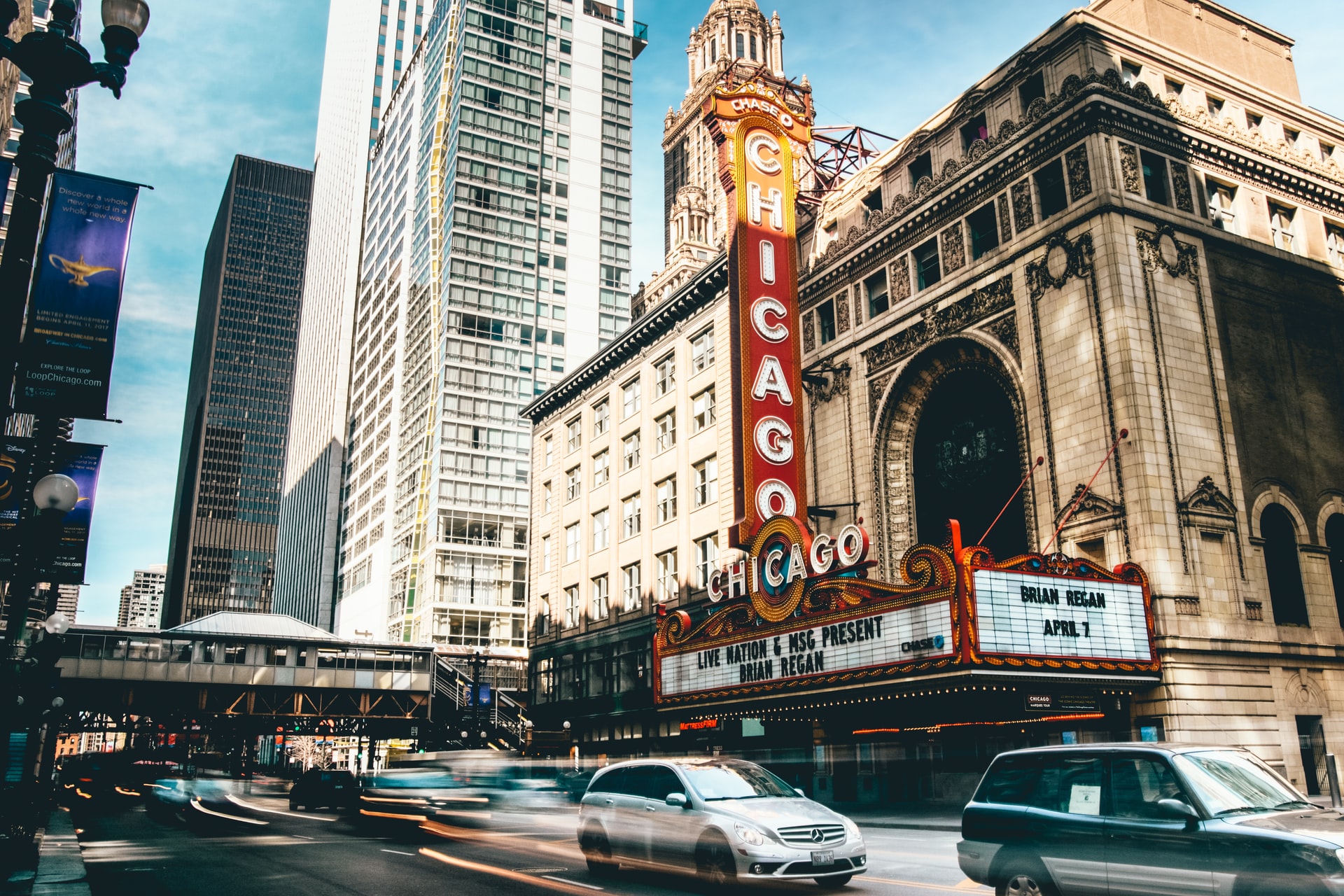Did the pandemic provide a top education software company with an opportunity to spy on the behaviour pattern of students? Were politicians that awarded a contract to this company privy to the information about the tracking ability of this program? The American Civil Liberties Union (ACLU) New York chapter asks the same questions to the Department of Education (DOE), New York.
Covid19 pandemic and the subsequent lockdown resulted in schools being shuttered, forcing students to attend classes online. But the lack of access to computers was not just a problem of third world countries; even the mighty New York in the US of A too struggled with it.
Then, an education software company 'GoGuardian' came forward as the good samaritan signing a contract1 with the City’s Department of Education to distribute free iPads for the children. Thanks to them, the City sent over 500,000 iPads and other devices to homes across the City to allow kids to continue their education and have at least some connection to their teachers and fellow students.
Now there is reason to believe those same devices that served as a lifeline in a time of crisis could have software on them that records students' every digital move. The software could even be used to surreptitiously collect video or audio recordings, without the knowledge or consent of students or their families, alleges2 the New York Civil Liberties Union.
There is no publicly available information about the agreement between GoGuardian and the DOE, or about the capabilities of the specific software the DOE has procured. But according to NYCLU, GoGuardian offers a suite of products that can monitor and block all activity on a device, track device locations, access cameras, and give the DOE an overwhelming degree of control over devices and students’ lives both during and after school hours.
The tools GoGuardian provides put students under constant surveillance, and limit their freedom to communicate, express themselves, and research. For LGBTQ students, it could also lead to being outed or exposed to parents, staff, and administrators by exposing their private messages and internet searches.
These invasive capabilities are more likely to impact low-income students of colour, whose families often rely upon these devices disproportionately and use them as primary devices at home. Though in-person school is back in session, thousands of students are still using DOE-provided technology in their homes.
Controversy erupted last year3 after parents in Chicago raised concerns that the GoGuardian software used by public school students allowed teachers to see inside students’ homes. Cameras on their devices were sometimes rolling even if students hadn’t granted permission for them to start recording.
NYCLU is demanding, in part through a Freedom of Information Act request, to know more about the deal that bought the systems to kids and what capabilities the vendor has via its software.4 The group says not enough is known about how the city’s department of education decided on GoGuardian or how much was spent on its applications.
Sources:






Comments